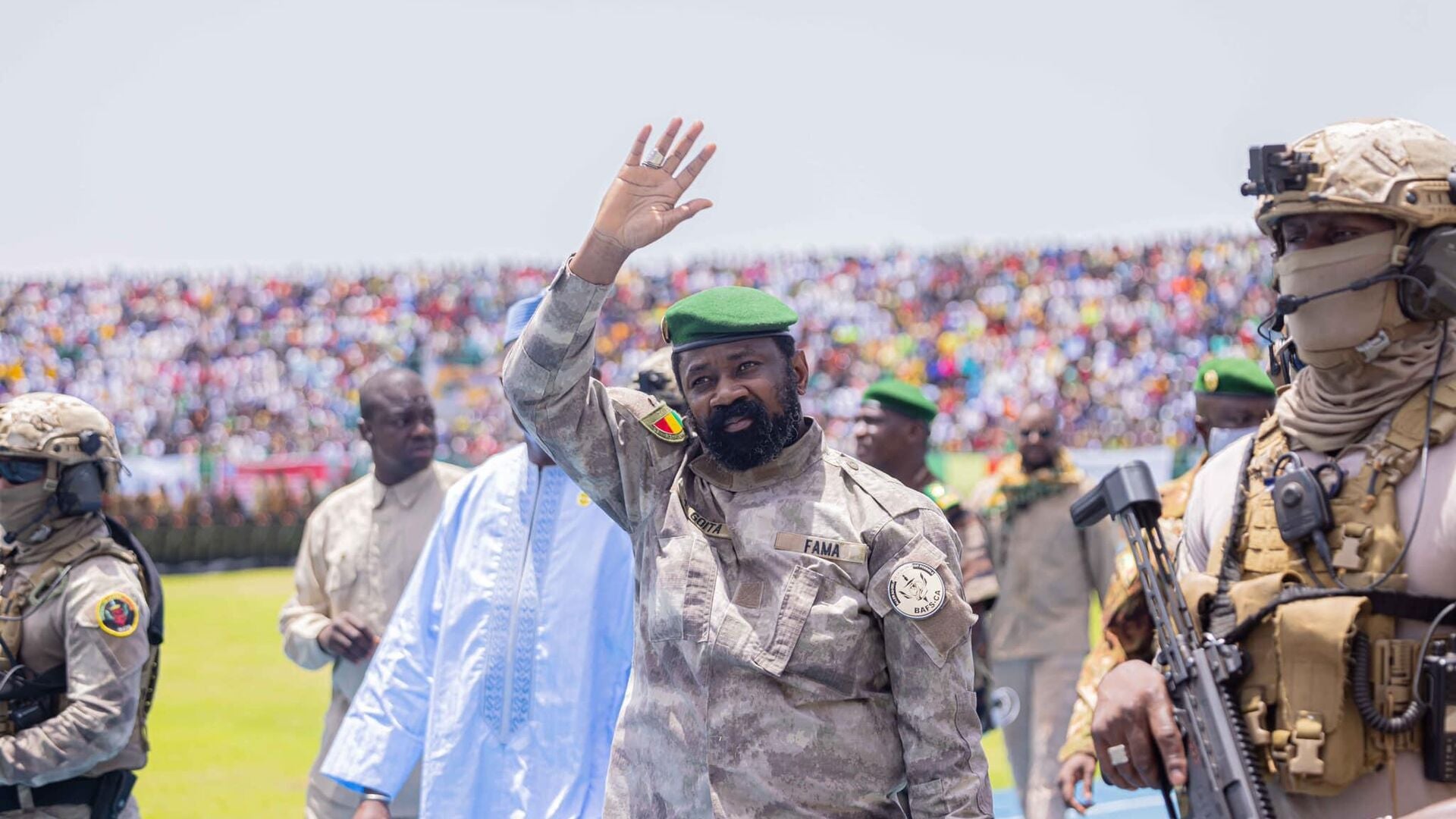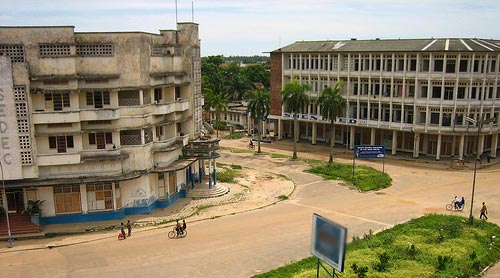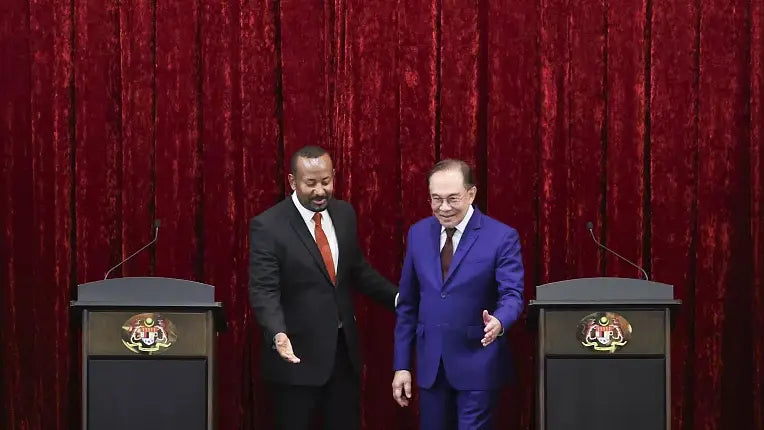
Mali: Uncertainty Grows Around Political Figures Detained Since June
More than four months have passed since the arrest of eleven key figures in the Malian political scene, members of the “March 31 Declaration” – a coalition calling for a return to constitutional order. Accused of “oppose[ing] the exercise of legitimate authority”, they have been imprisoned since June 20, 2024 and are spread across three prisons across the country. While attempts at mediation have failed and the prosecution refuses any provisional release, uncertainty is growing for their relatives and allies, fueling feelings of frustration and disillusionment.
A political and judicial blockage
The “March 31 Declaration” detainees gathered in June 2024, despite the official suspension of political activities in Mali, a decision decreed by the transitional authorities. This meeting earned them accusations of attempting to oppose the authority, a pretext that some of their supporters describe as unjust and political repression. Since then, their relatives have denounced the relentlessness of the authorities to delay their release.
In September, an investigating judge ordered their provisional release, but this decision was contested by the prosecutor, thus referring the case to the Court of Appeal. To date, the hearing has still not been scheduled. A defense lawyer deplores this lack of a clear deadline, leaving the detainees in a legal limbo, with no clear horizon: "Legally, they must be released. But is our justice system sufficiently free and independent to state the law?" he asks.
Waiting for a “political gesture”?
Some relatives of the detainees believe that the transitional authorities could be waiting for the right moment to act, perhaps seeking to take advantage of this situation for political purposes. “Perhaps they are waiting to finalize the National Charter for Reconciliation, or even to organize elections, to make a symbolic gesture by releasing our comrades,” confides a source close to the case. These hypotheses reflect a growing dismay among the relatives and supporters of the detainees, who deplore the political instrumentalization of the Malian justice system.
The Charter for Peace and Reconciliation, the transitional government's flagship project, officially aims to prepare the country for elections that would end the current military regime. However, the slow pace and mistrust surrounding this initiative are hampering civil society's support, while the situation of political prisoners remains a sensitive issue that could weigh on the perception of the transition.
Towards popular support?
Faced with the judicial impasse, the organizations that signed the March 31 Declaration are considering changing their strategy. Several of them are planning public actions to mobilize Malian opinion in favor of the detainees. Among the initiatives, the Mouvement Reconstruire – Baara ni yiriwa of Mahamadou Konaté and the Yelema party of former Prime Minister Moussa Mara have launched an appeal to Malians for a symbolic action: a “three-minute break” next Monday at 11 a.m., during which citizens can pray or spread messages of support for political prisoners.
These leaders are not the only ones targeted by the repression. Other figures currently imprisoned include radio columnist Ras Bath, blogger and activist Rose Vie Chère, community activist Clément Dembélé, and economist Étienne Fakaba Sissoko. All have in common that they have publicly criticized the transitional authorities. The increase in these detentions is causing concern among a section of civil society and reinforcing the climate of mistrust toward the transitional government, which seems increasingly repressive toward dissenting voices.
The situation of prisoners of conscience, a reflection of a justice system in crisis
The prolonged detention of these political and civil society figures reflects a tense political climate and highlights the difficulties of the Malian justice system in asserting its independence. For many observers, the lack of progress towards their release is evidence of judicial instrumentalization, where justice is used to stifle dissent and retain power. This situation erodes the population's trust in institutions, which had hoped to see reforms emerge after the promises of transition.
The situation of these detainees also highlights the challenges facing the Malian transition, caught between a need for stability and promises of democracy. By prolonging the uncertainty and multiplying delaying tactics, the transitional authorities risk alienating a growing segment of the population, frustrated by the lack of progress towards justice and freedom of expression.



Leave a comment
This site is protected by hCaptcha and the hCaptcha Privacy Policy and Terms of Service apply.